Travelfish #388: More thoughts on journalism in Southeast Asia + Luang Prabang links
So far still to go
Hi everyone,
What a week last week was—glad to meet you mid–June. Most of the pics this week are from in and around Luang Prabang—enjoy.
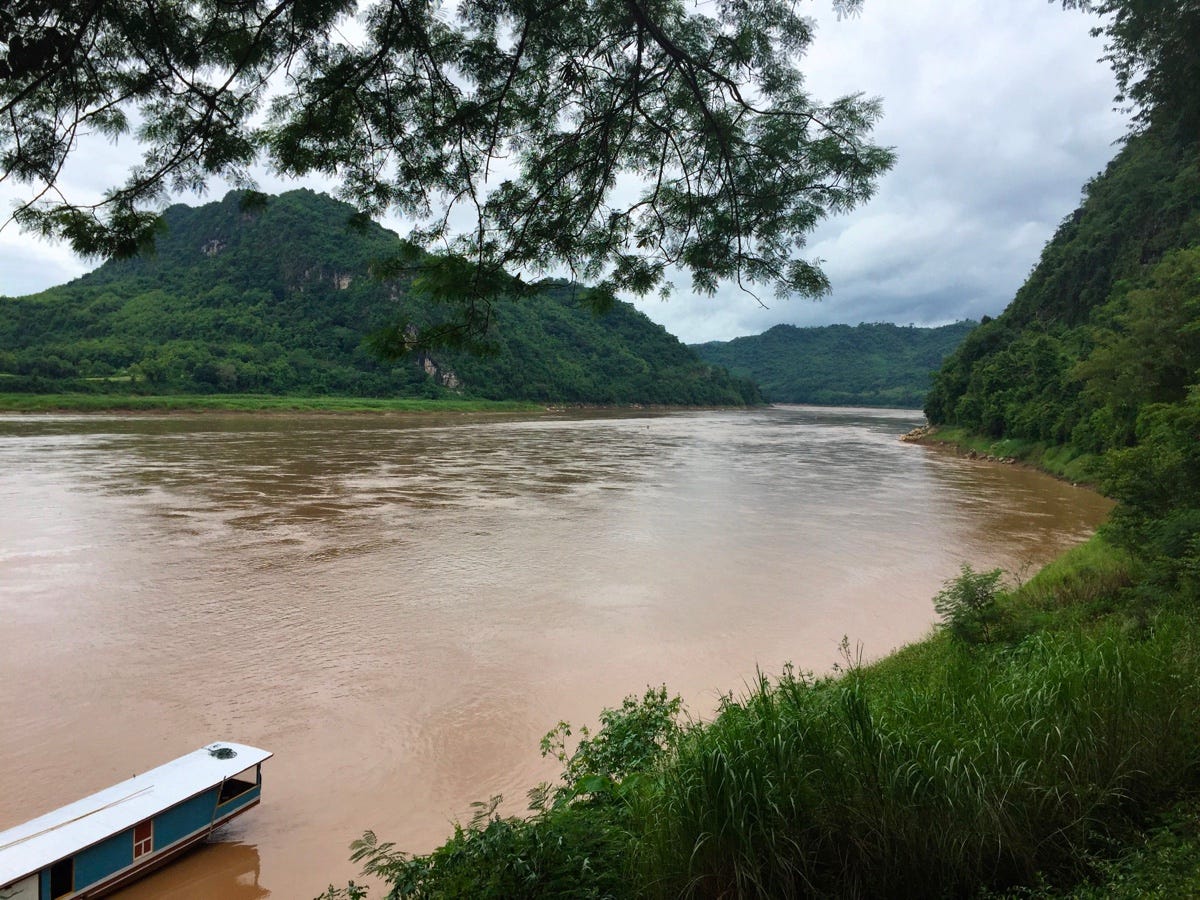
At the Botanical Gardens near Luang Prabang. Photo: Cindy Fan.
All last week on Couchfish I was in Luang Prabang, Laos. Including exploring Chompet across the river, visiting an explorer’s grave, touching on the legacy or war, and more. If you’re a fan of Luang Prabang, grab a coffee and enjoy.
Last week’s two free posts were on Sangkhlaburi in Thailand and some thoughts on parallels between the Boxing Day Tsunami and Covid19.
Over on Thai Islands Times, David has another epic piece, this time looking at what is opening and how things are if you want to get around in Thailand. TLDR: It is complicated!
Cheers and thanks for your support
Stuart
Support Travelfish!
If you'd like to chip in (if you haven’t already) for using the site, we'd love you to sign up for a year-long subscription for just A$35. See more here.
Some more thoughts on the perils of writing in Southeast Asia
Back in early May I wrote in the newsletter a piece on the perils of journalism in Southeast Asia. I ran the newsletter the day after World Press Freedom Day, and it seemed like a good theme to write on.
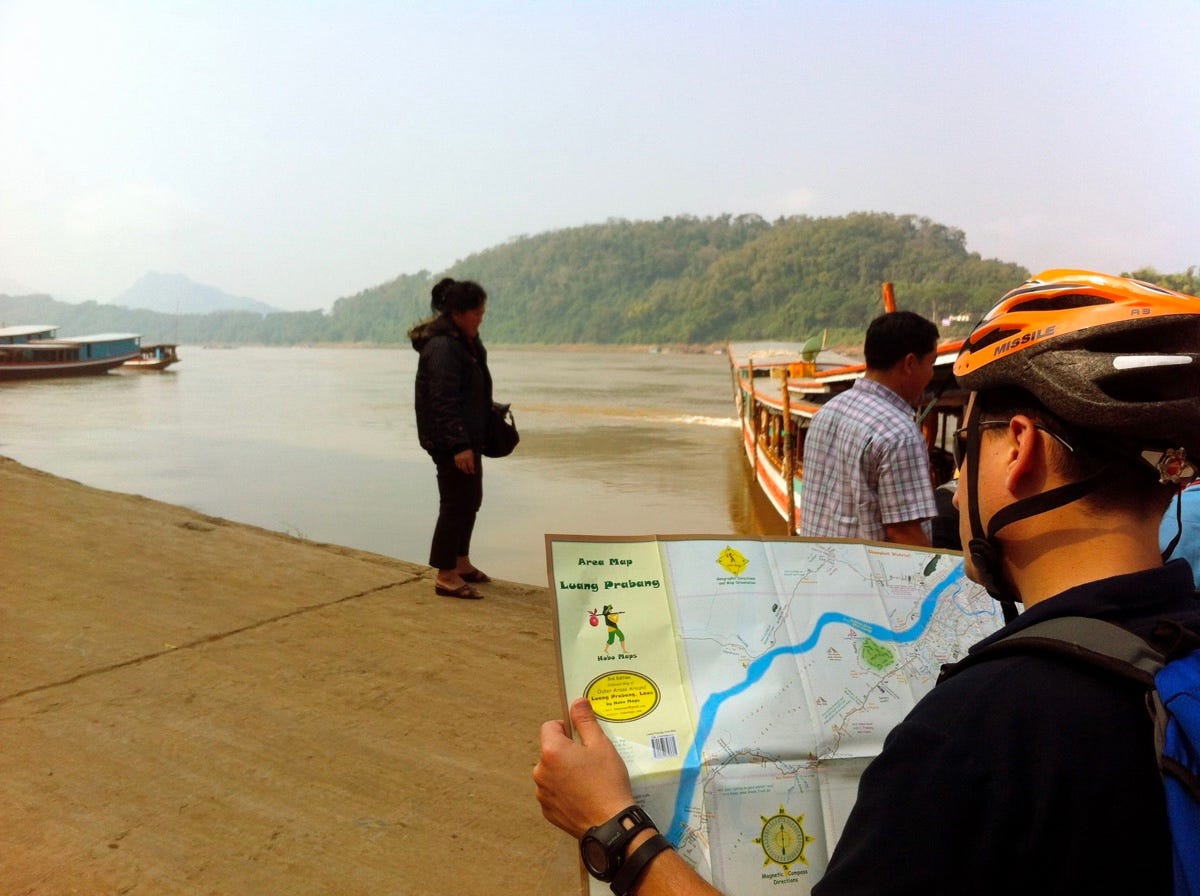
Quality journalism is like a good map. Extremely useful. Photo: Cindy Fan.
The focus of my piece was on what I’d term “hard news” journalism. Issues on human rights, politics, environment and so on. Travel writing I’d describe as “softer” journalism. Sure you can wedge some politics or human rights in there, but the focus veers towards lifestyle.
I had an interesting experience last week on this. I contacted five well–respected journalists for a series I wanted to commission. The idea was it would run when the Travelfish redesign launches. Yes, I know, the redesign is almost done. Really.
The theme was on how small tourism-facing businesses were coping with Covid19. Each journalist would interview a small, family–owned tourism–facing business and ask: “How has Covid19 played out for you?”
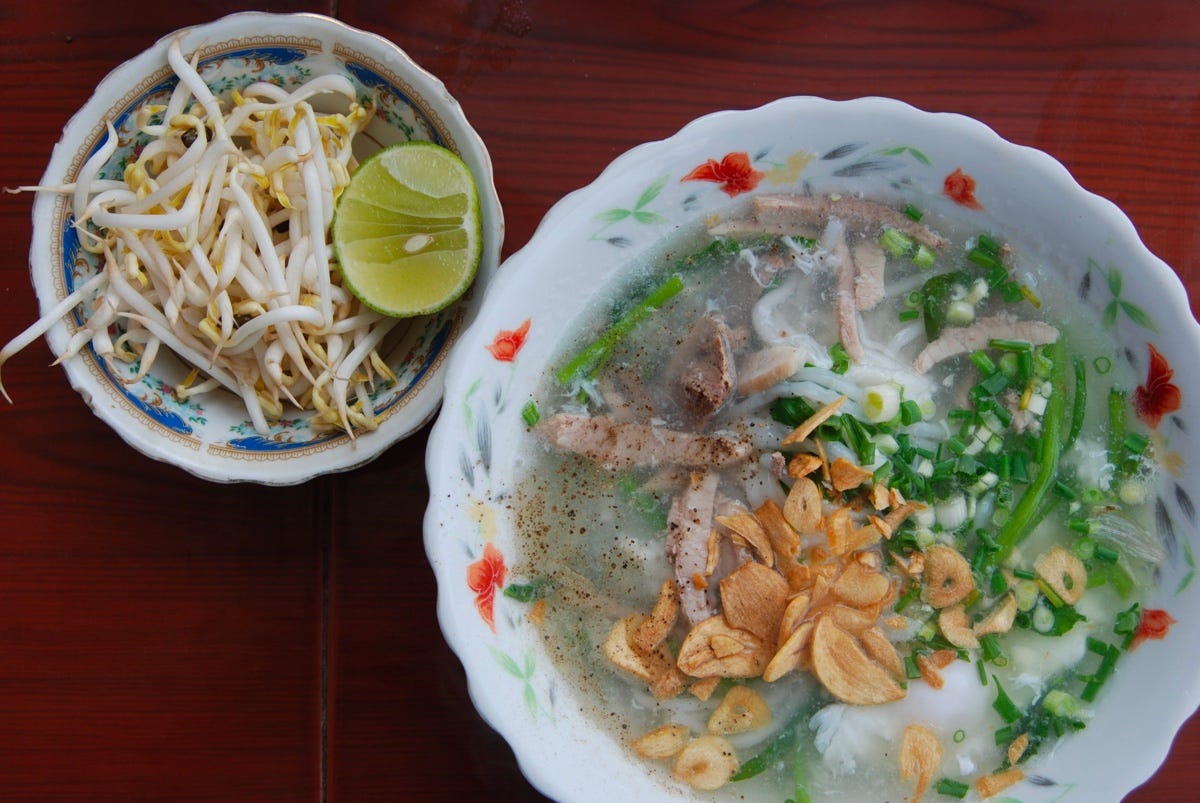
Unlike this meal in Luang Prabang, the state of press freedom in Southeast Asia is enough to turn your stomach. Photo: Cindy Fan.
The tricky thing was, I was planning on applying for a grant to pay for the writing (because I’m broke!). The grant was mid four–figures US$. Enough to allow me to pay them a competitive rate, cover editorial costs and so on. The snag was, the grant required both the journalist’s name and email address. These details would be held by the organisation in partnership with Facebook. The organisation I had no concerns about—they said they needed the details to verify people got paid. Facebook on the other hand, was a quagmire of qualms—dare I say a qualmire.
My attempts to wriggle out of this condition with the organisation were of no avail. I wanted to be the firewall between the journalists identity and Facebook. No go.
So, I contacted each journalist, explained the concept, payment and so on. I also said I was happy to run the piece under a pseudonym—something we have done before for writers in Burma, Laos and Vietnam. Lastly, I noted their personal details would be available to Facebook as a part of the process.
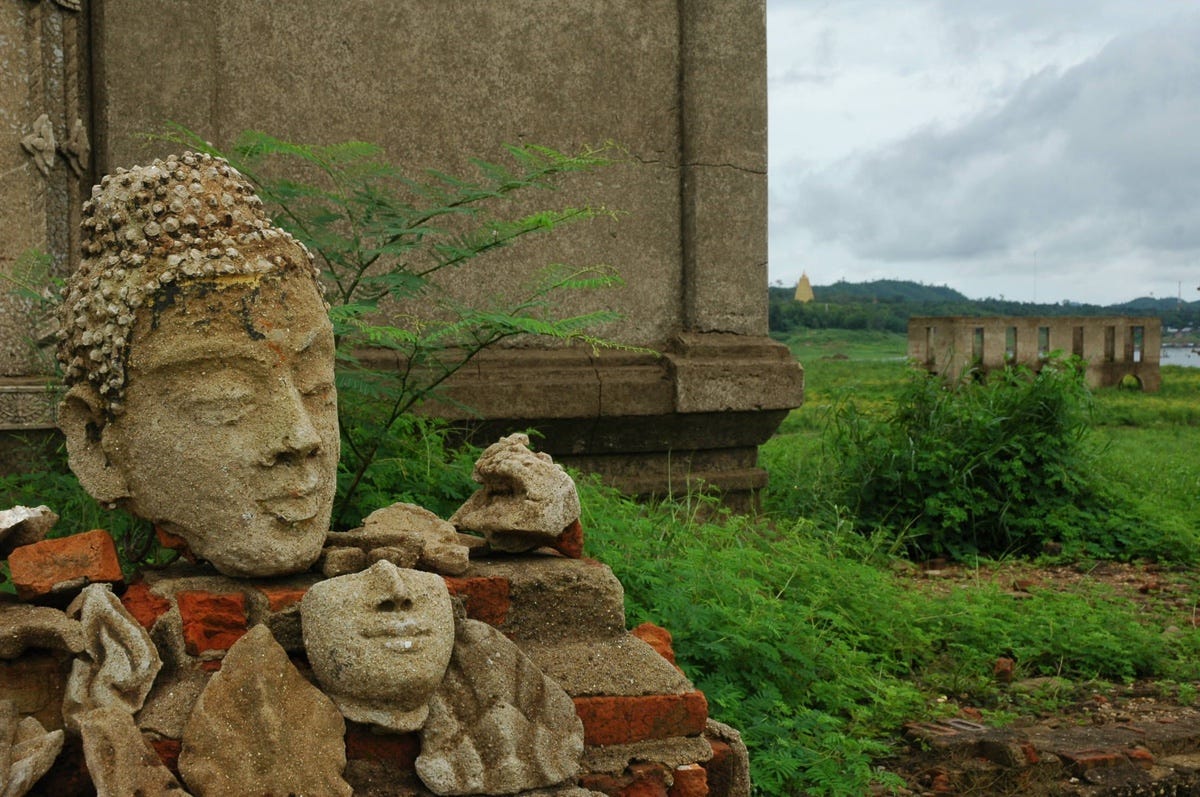
Journalism can unearth all sorts of things under the surface. The sunken village in Sangkhlaburi. Photo: Stuart McDonald.
The journalists I approached are based in Burma, Cambodia, Indonesia, Laos and Vietnam. None of these countries are particularly noteworthy for their stance on press freedoms.
Of the five people I approached, three said “no”, one agreed and one wasn’t allowed to by their employer. One of the “no” emails, was just that—a single word—“No”. I have to say, I burst out laughing when I received it. I agree with their sentiment two hundred percent.
In the end I decided not to proceed with the grant application.
Why am I writing about this?
I think it is a great example of the oppressive conditions journalists in the region work under. Even when offered the chance to write a soft lifestyle piece, for many, their first concern is safety. Is writing this piece going to endanger my personal safety/invalidate my visa/have me arrested?
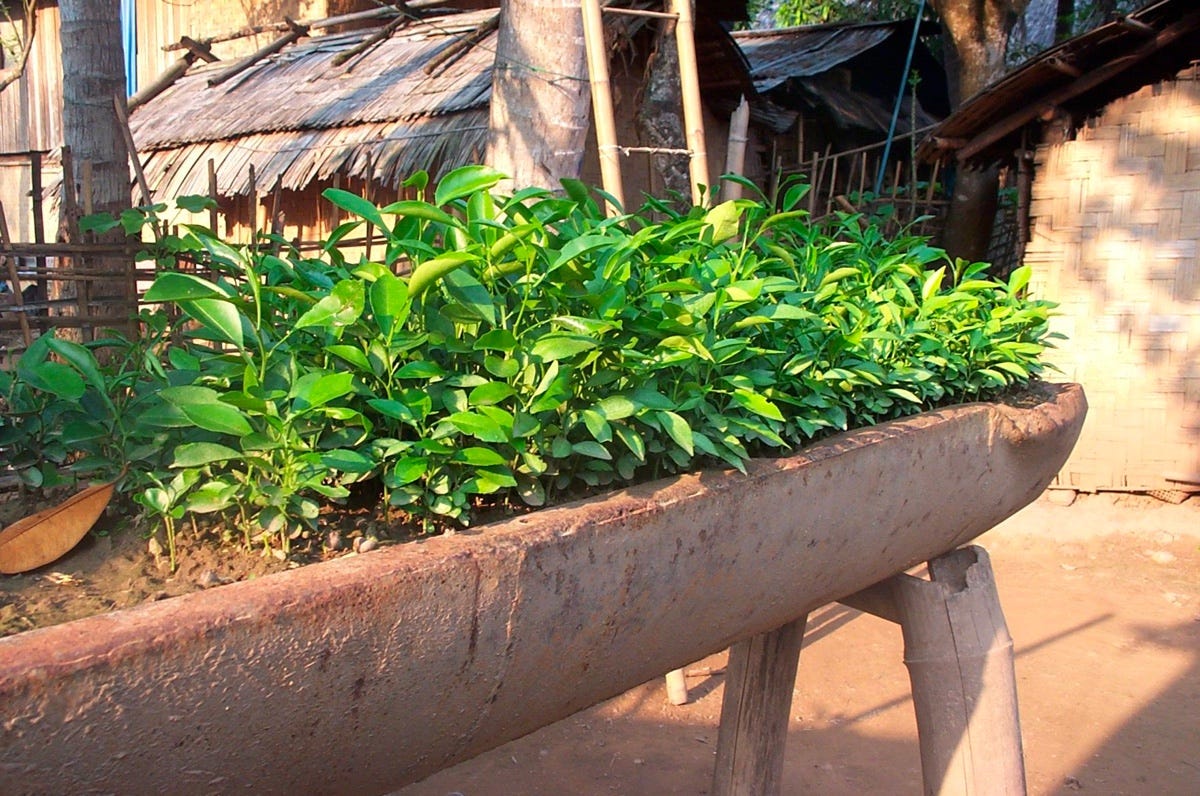
It is a minefield out there—but it shouldn’t be. A bomb casing refashioned into a flower bed. Photo: Caroline Gaylard.
This is a concern bank clerks, programmers and hundreds of other occupations don’t need to consider.
Freedom of the press across Southeast Asia remains in a terrible state. So I’d just like to take a moment to encourage readers to consider subscribing to any of the following publications. Your support helps to empower them to report on important stories in the region.
Cheers!
Stuart
Premium members only:
Book a round the world with roundtheworldflights.com (must travel from the UK via Asia, Australia, New Zealand AND the Americas) and get £30pp off your trip. Offer valid for departures to December 2021.
Log in to the Member Centre on Travelfish now for your coupon code and start designing your own round the world trip
Ten things worth reading
Let’s not all start flying again
A good read. Right now I’d be happy to be able to get a bus—to anywhere!
Night-time cycle ride through Singapore
“Over the last few weeks, I’ve meandered through the heart of downtown Singapore, settling into an easy rhythm of wheel against asphalt.”
Covid19 Dashboard
The whole region in one screen—a handy resource.
Diving Lembongan
An interesting podcast on diving Lembongan off the coast of Bali.
Virus allows Moken to return to the water
“With each passing day, the modern world and its habits encroach upon the shores of the Moken islands.”
I wish I was back in the bustling, mind-blowing beauty of Phnom Penh
“As the guidebook’s authors lament, the last decade has seen unprecedented growth, with destructive consequences.” Yup!
Dugongs in Southeast Asia: Sentinels of the Sea in Trouble
“The picture regarding dugongs in Indonesia—Southeast Asia’s most sprawling nation—is murky, like the brackish estuary waters near mangroves and sea grasses that dugongs prefer—but the apparent lack of conservation commitment for these unique, imperiled Kings of the Blue, is worrying.”
The many-sided fight over northern Kachin’s forests
“Hponkan Razi, which stands at 5,165 metres, and its neighbour to the northeast, Hkakabo Razi, at 5,881 metres, are Southeast Asia’s tallest peaks. The area also contains vast biodiversity, including the globally-threatened black musk deer, red panda and white-bellied heron, as well as 106 species of orchids.”
Thai Activists Raise Alarm over New Proposed Lao Mekong Dam
“Like the Xayaburi Dam, the electricity generated by the Sanakham project would mainly be exported to Thailand, a country many observers say is already oversupplied with power.”
Is the word farang offensive?
Chapter 65,987,234 on this topic.
Something to read
The Great Railway Bazaar
“Anything is possible on a train: a great meal, a binge, a visit from card players, an intrigue, a good night’s sleep, and strangers’ monologues framed like Russian short stories,” writes Paul Theroux in his 1975-published classic, The Great Railway Bazaar.
Photo of the week
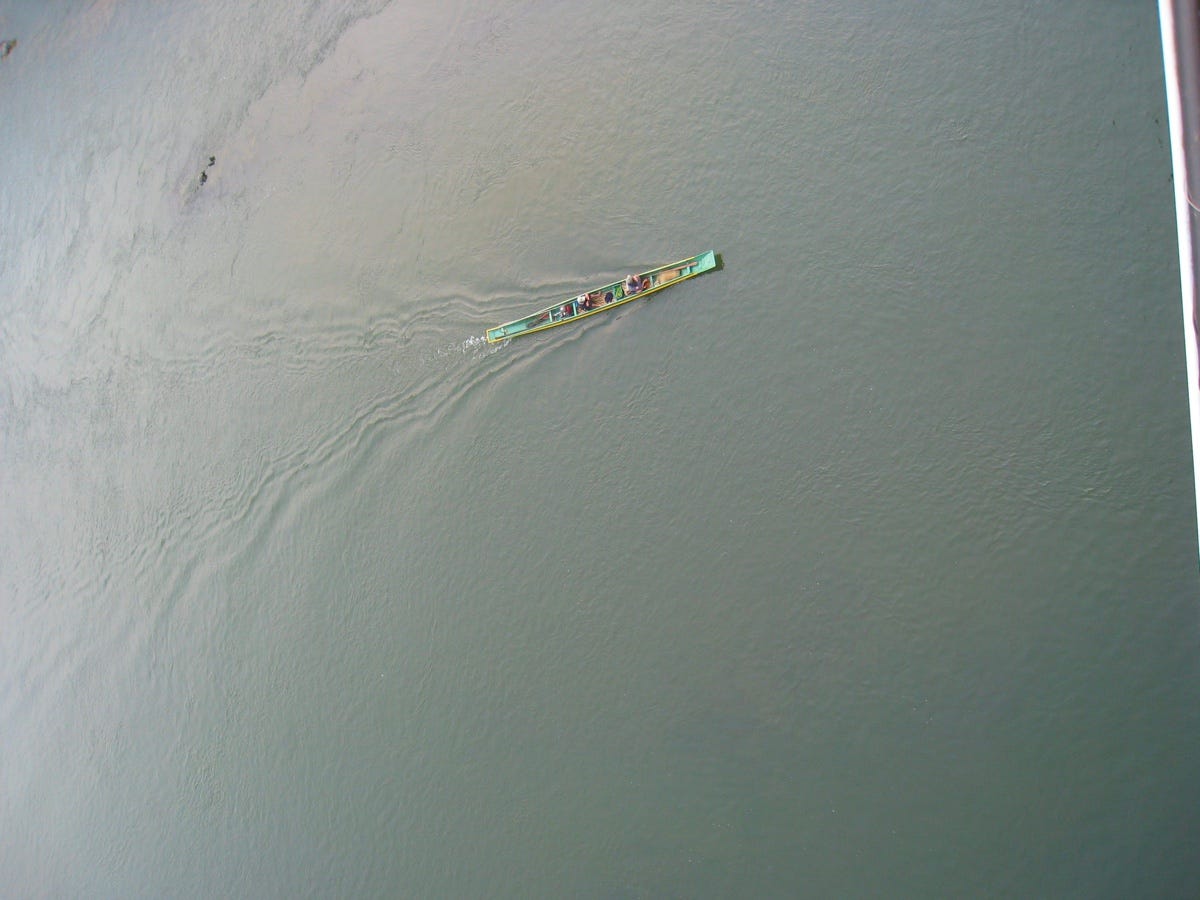
Cruising under the bridge, Nong Kiaow, Laos. Photo: Stuart McDonald.
Thank you!
Thanks from reading the Travelfish newsletter. Please feel free to forward it to all and sundry and your feedback, as always, is much appreciated.
Travel light!



